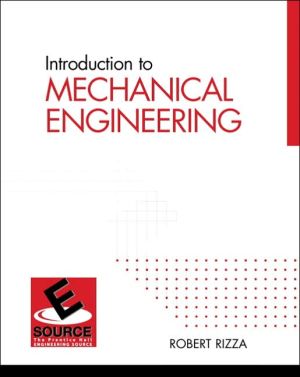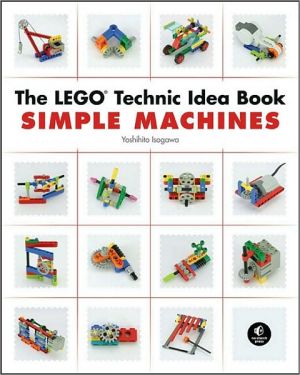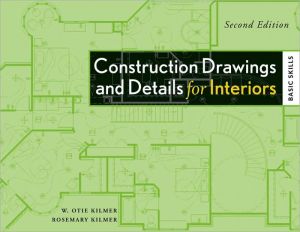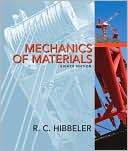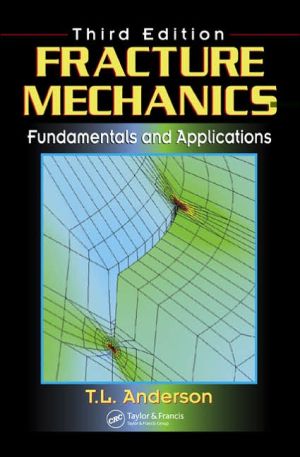Introduction to Mechanical Engineering
Part of ESource—Prentice Hall's Engineering Source, this book provides a flexible introduction to Mechanical Engineering. Featuring over 25 modules and growing, the ESource series provides a comprehensive resource of engineering topics. Mechanical Engineering as a Profession; Dimensions, Units, and Error; Statics, Dynamics, and Mechanical Engineering; Mechanical Engineering and Solid Mechanics; Materials and Mechanical Engineering; Fluids and Mechanical Engineering; Thermal Science and...
Search in google:
Part of ESource—Prentice Hall's Engineering Source, this book provides a flexible introduction to Mechanical Engineering. Featuring over 25 modules and growing, the ESource series provides a comprehensive resource of engineering topics.Mechanical Engineering as a Profession; Dimensions, Units, and Error; Statics, Dynamics, and Mechanical Engineering; Mechanical Engineering and Solid Mechanics; Materials and Mechanical Engineering; Fluids and Mechanical Engineering; Thermal Science and Mechanical Engineering; Mechanical Engineering and Design.For any Engineer or Computer Scientist interested in a brief introduction to the subject.
1. Mechanical Engineering as a Profession. The Role of a Mechanical Engineer. Becoming a Mechanical Engineer and the Lifelong Learning Process. Approaching and Solving an Engineering Problem.2. Dimensions, Units, and Error. Dimensions and Units.The British Gravitational System. The English Engineering System. The SI System.Conversion between Different Units. Errors and Accuracy. Significant Digits.3. Statics, Dynamics, and Mechanical Engineering. The Concept of a Vector.Components of a Vector. Direction Cosines and Vectors. Addition of Vectors.Forces, Couples, and Moments. Equilibrium and Free-Body Diagrams. Frictional Forces. Motion of a Rigid Body.4. Mechanical Engineering and Solid Mechanics. Tension, Compression, Shear, and Torsion. The Poison Effect. Hooke's Law.5. Materials and Mechanical Engineering. Mechanical Properties of Materials. Materials and Their Use in Engineering Design. The Use of Advanced Materials: Composites.6. Fluids and Mechanical Engineering. Fluids at Rest. Fluids in Motion.7. The Thermal Sciences and Mechanical Engineering. The Concepts of Temperature and Heat Transfer. The First Law of Thermodynamics: Energy Conservation. The Second Law of Thermodynamics.8. Mechanical Engineering and Design. Traditional Design versus Concurrent Engineering. The Design Process. Graphical Techniques for Communicating Your Idea.Index.
